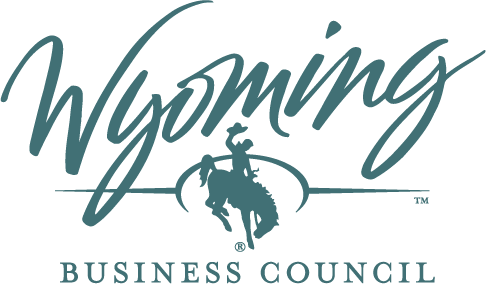Financial Incentives
Incentives for Your Dream
The Wyoming Business Council (WBC) offers a diverse portfolio of loan options for eligible businesses and community organizations looking to start or grow their capacity. Below you will find more information on a variety of programs and resources.
Please note that, statutorily, WBC is unable to loan or grant state funds directly to a private business or individual and all WBC loan programs require a partner member or institution (local EDO, community, commercial lender, etc.) to be involved.

Find a Regional Director for Help Financing Your Adventure
New Market Tax Credits
The New Markets Tax Credit was designed to increase the flow of private sector capital to businesses, nonprofits, community facilities, and other important projects in America’s poorest communities. Rather than providing a direct federal grant to projects, the program marshals the private sector resources by providing an incentive for taxpayers to invest in community development organizations with a proven track record of impact in low-income communities. These organizations put that capital to work, financing everything from manufacturing expansions to health clinics and daycare centers. Since 2000, the program has delivered $110 billion to more than 6,500 projects, creating over 1,000,000 jobs.
Tax Increment Financing (TIF)
Tax Increment Financing (TIF) is a public financing method that is used as a subsidy for redevelopment, infrastructure, and other community-improvement projects. The original intent of a TIF program is to stimulate private investment in a blighted area that has been designated to need economic revitalization. Using TIF, municipalities typically divert future property tax revenue increases from a defined area or district toward an economic development project or public improvement project in the community. TIF subsidies are not appropriated directly from a city’s budget, but the city incurs loss through forgone tax revenue.
Special Assessment Districts
Bonding
Revenue bonds are a class of municipal bonds issued to fund public projects which then repay investors from the income created by that project. For instance, a toll road or utility can be financed with municipal bonds with creditors’ interest and principal repaid from the tolls or fees collected.
